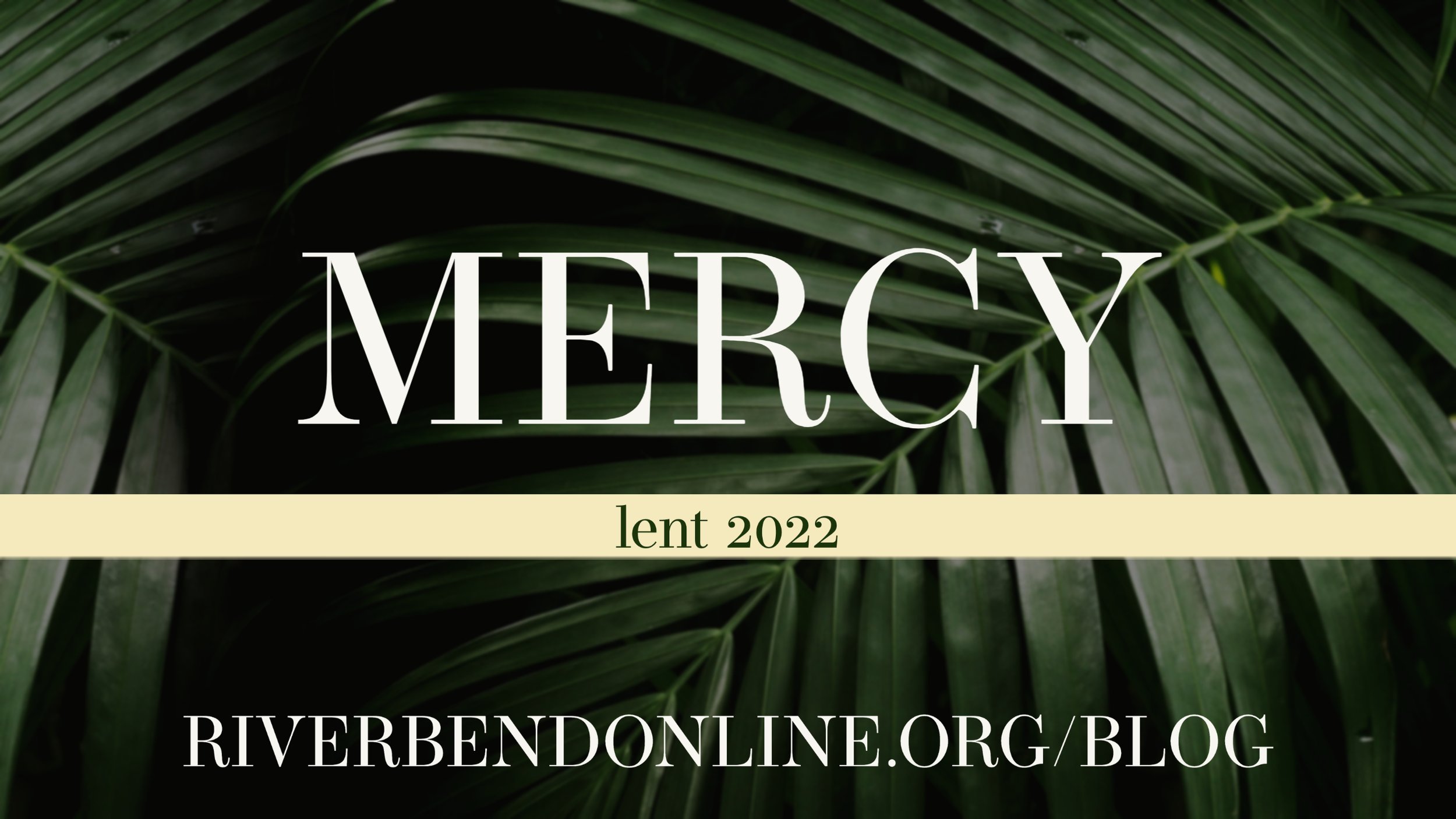Editor’s Note: Lent is a season of personal reflection. As Advent provides a time to prepare our hearts and minds to celebrate the birth of our Savior, Lent offers us time to reflect on our sin, and the need for our Savior’s death and resurrection on the cross.
This year, our weekly reflections have focused on the mercy of God. In His goodness, God has displayed mercy towards us from the start. He knew sin would enter the world and created a means to have right-standing with Him. As we each spend time remembering God’s mercy and His pursuit of us—from our sinfulness and need, to the institution of sacrifices for the Israelites, culminating with the perfect sacrifice of Jesus Christ on the cross, we remember that God has been always kind, always just, always loving, always merciful.
As this Sunday is Easter, we wanted to spend some time focusing on “what next”? Jesus died on the cross for our sins and rose again. So how now do we live in light of his work on the cross? In God’s mercy, He has not left us alone. After Jesus’ death, resurrection, and ascension, God sent the third person of the trinity, the Holy Spirit, to be our constant companion and advocate. Even before his death, Jesus knew this was the plan and shared that promise with his friends in the upper room.
Holy Spirit’s Indwelling
“If you love me, keep my commands. And I will ask the Father, and he will give you another advocate to help you and be with you forever— the Spirit of truth. The world cannot accept him, because it neither sees him nor knows him. But you know him, for he lives with you and will be in you. I will not leave you as orphans; I will come to you. Before long, the world will not see me anymore, but you will see me. Because I live, you also will live. On that day you will realize that I am in my Father, and you are in me, and I am in you”.
John 14:15-20
Reflect:
1. Describe the sense of comfort that this passage gives to you. Imagine Jesus’ voice saying these words to you, “[fill in your name], I will not leave you. I will come to you. Because I live in you, [your name], you will also live.”
2. So many scriptures contrast the life of the orphan and the life of a beloved child. Especially in our current world crises, we see images of orphans. What one or two specific things is Jesus asking you to do, knowing that you are not an orphan, but you have the Holy Spirit in you?
Paul describes the reality that the indwelling of the Holy Spirit brings in Romans 8: 1-2, 6-11:
“Therefore, there is now no condemnation for those who are in Christ Jesus, because through Christ Jesus the law of the Spirit who gives life has set you free from the law of sin and death…The mind governed by the flesh is death, but the mind governed by the Spirit is life and peace. The mind governed by the flesh is hostile to God; it does not submit to God’s law, nor can it do so. Those who are in the realm of the flesh cannot please God. You, however, are not in the realm of the flesh but are in the realm of the Spirit, if indeed the Spirit of God lives in you. And if anyone does not have the Spirit of Christ, they do not belong to Christ. But if Christ is in you, then even though your body is subject to death because of sin, the Spirit gives life because of righteousness. And if the Spirit of him who raised Jesus from the dead is living in you, he who raised Christ from the dead will also give life to your mortal bodies because of his Spirit who lives in you.”
1. This scripture is both convicting and invigorating in its contrast of the flesh and the Spirit. What do you notice about the differences? In your own life what do you notice when your flesh is more obvious? What do you notice when the indwelling spirit is in evidence?
2. Both the passage in John 14 and Romans 8 talk about Christ giving us life. What does that mean to you, especially if your own physical body is failing? Or someone you know is declining physically?
Prayer:
A prayer adapted from “Every Moment Holy, vol. 11” by Douglas McKelvey
“Oh Lord, you have appointed us to live in these very places, in these unsettled times. It is no surprise to you that we are here now, sharing in the turmoil. You have called us to be salt and light, to be your agents of forgiveness, salvation, healing, reconciliation, and hope. And in these holy vocations, you have not left us helpless. You have not left us at all. Your Spirit indwells us. Holy Spirit, equip us now for your work, this day. To all you have prepared for us, to the new and next, we say Yes.”
Additional scripture: Consider reading the verses above in their full chapter context (John 14 and Romans 8). You many also want to read and think about Jeremiah 31: 31-34




